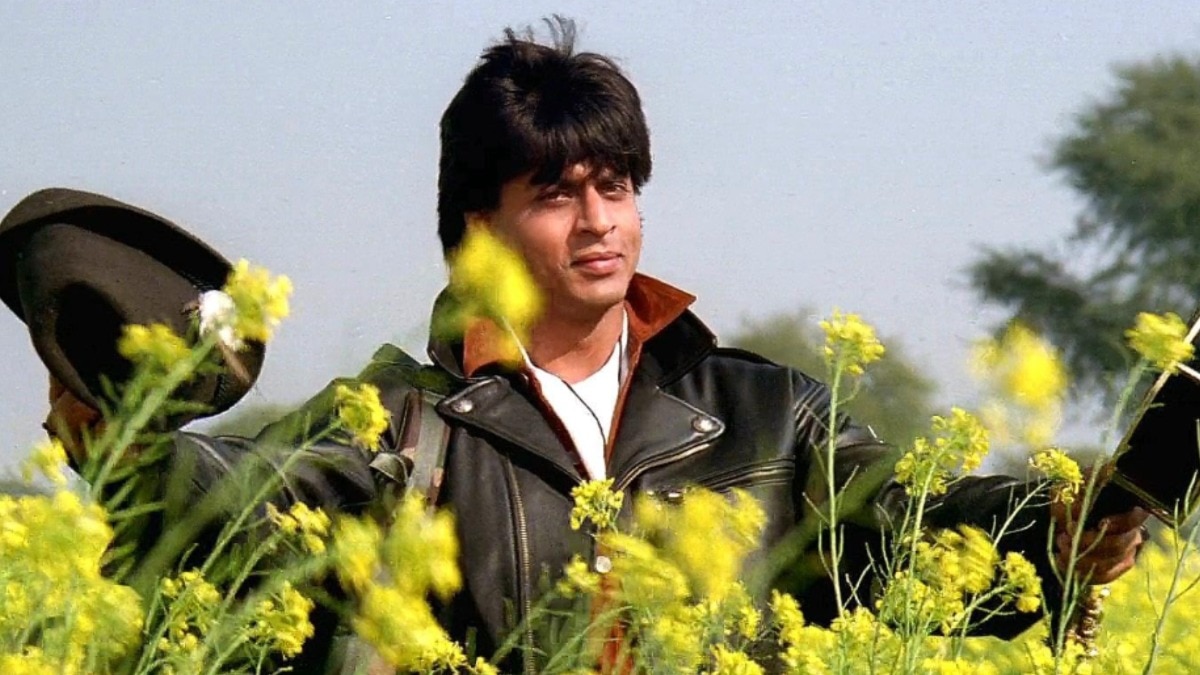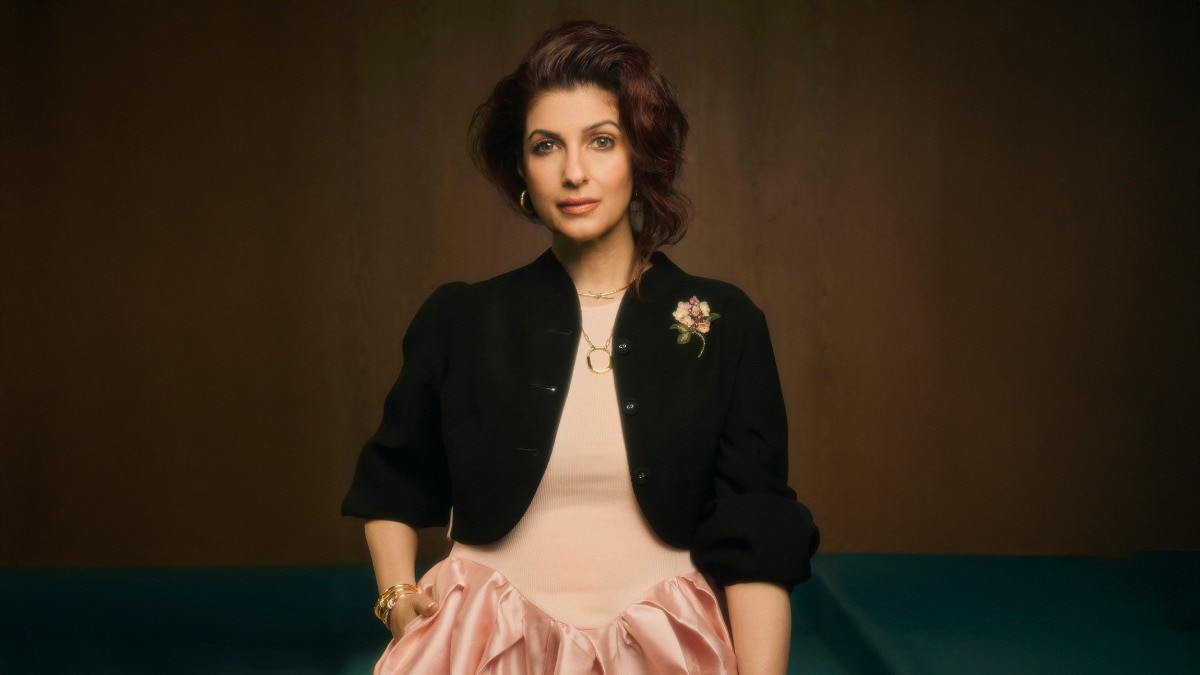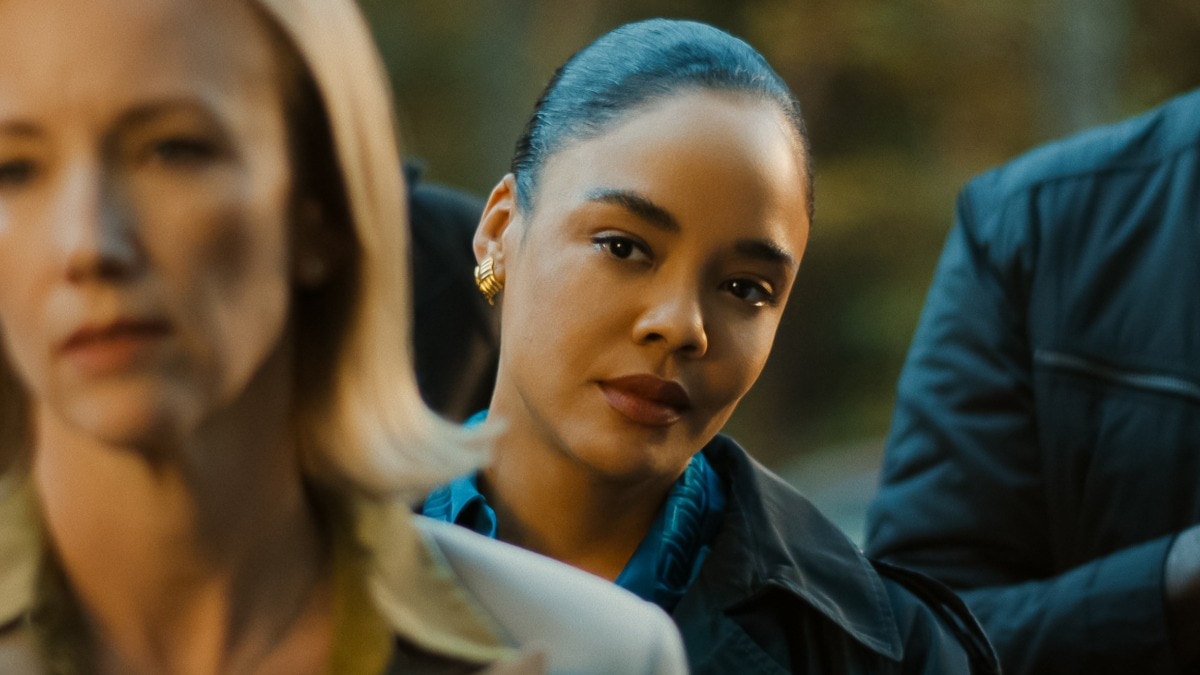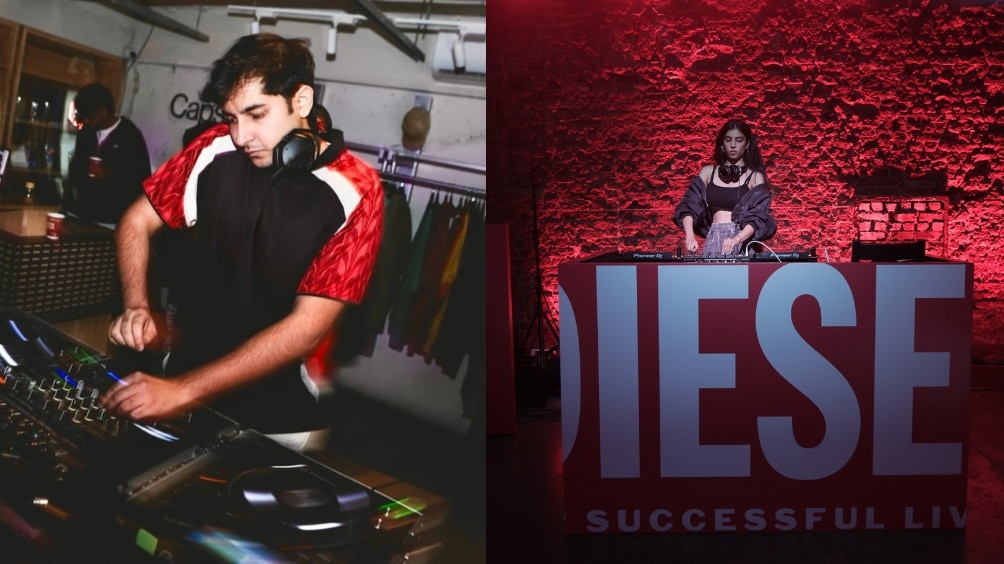
How Anjula Acharia is shaping the global narrative—one South Asian story at a time
From launching Priyanka Chopra Jonas in Hollywood to backing women-led start-ups, the cross-cultural entrepreneur continues to champion representation and redefine success.


If you’ve seen an Indian face on a global billboard, chances are Anjula Acharia had something to do with it. A powerful cross-cultural entrepreneur, Acharia is a force in entertainment and diverse businesses. Starting off with DesiHits!—a platform that introduced South Asian artists to the West—Acharia was quick to recognise the global appetite for varied talent. She was the one to spot the potential in Priyanka Chopra Jonas, strategised her Hollywood crossover, and patiently crafted her global rebranding.
Today, as a venture capitalist and CEO of A-Series Investments, Acharia supports start-ups led by women and minorities. She continues to be a powerful voice on issues of race, representation, and entrepreneurship.

Harper’s Bazaar: What was your initial vision for A-Series, and how has it evolved over the years?
Anjula Acharia: When I started A-Series, my goal was to bring together Hollywood and Silicon Valley. With A-Series, I wanted to be present in Hollywood while also investing in companies, especially female- founded ones. Over time, the vision has expanded to continue bridging these two spaces—Hollywood and tech—while pushing the envelope on both sides.
HB: You’ve been a disruptor in many ways. When it comes to South Asian representation in Hollywood, are there still gaps?
AA: We’ve definitely made progress. In the past, South Asians were stereotypically cast. Now, we’re seeing them playing diverse roles—from gangsters to romantic leads. However, the gap that still exists is in the overall representation. South Asians make up one-fifth of the world’s population, but this is not reflected in the global media landscape.There’s still a long way to go before we see that proportion of representation on screen.
HB: How do you feel about the rise of streaming platforms and their impact on opportunities for South Asian talent?
AA: Streaming platforms have been a game changer. During the pandemic, there was a shift in how people consumed content, particularly international shows with subtitles. This has made audiences more accepting of content from different cultures and languages. Streaming has opened doors for South Asian talent and allowed for a broader global audience.
HB: Which emerging South Asian talent excites you right now?
AA: I’m particularly excited about the music scene in India. Artists like Diljit Dosanjh, Karan Aujla, and King are gaining traction worldwide, and this presents exciting opportunities for a crossover into global pop culture. India is going through an evolution in music, and the rise of pop stars who build their own fan bases is something to watch out for. The global success of artists like Diljit selling out US shows proves there is a massive demand for this kind of talent.
HB: How do you make a South Asian artist appealing to a global audience while staying authentic to their roots?
AA: It’s essential for artists to remain authentic to their roots while integrating their unique cultural elements into global pop culture. Authenticity is the foundation of appeal, but the challenge is finding ways to bring it into mainstream pop culture.

HB: Priyanka Chopra Jonas has ventured into many areas beyond acting. How did you help her transition?
AA: What impressed me the most about Priyanka is her willingness to start afresh. When we started working together, she was willing to approach the American market with humility. She pounded the streets of New York, taking meetings without ego, as if she were a new artist. The humbleness, despite her massive success in India, was incredibly inspiring. It’s a reminder that shedding ego and being ready to take risks are crucial to achieve greater things.
HB: What piece of advice do you wish you had received at the beginning of your career?
AA: There are two things I live by. First: “Everything that you want is on the other side of fear.” Fear and anxiety are a natural part of breaking boundaries, and rather than avoiding them, we should embrace them. Second: I was always told to set goals and work toward them, but I now believe that’s one of the worst pieces of advice. Instead of fixating on a goal, it’s better to stay open to opportunities around you. Often, those might lead you to a completely different direction that’s even more rewarding than the goal you had in mind.
HB: You’ve managed to focus on multiple areas simultaneously—what’s your approach to balancing diverse interests?
AA: I don’t believe in focusing on just one thing. Doing different things inspires me and allows me to bring fresh perspectives to each project. For instance, when I was working with Priyanka on music, I was also an investor in ClassPass. Observing how Payal Kadakia [ClassPass Founder] pivot her business strategy taught me a valuable lesson in agility. I believe that working on diverse projects keeps me energised and prevents burnout. If one area becomes overwhelming, I can always draw inspiration from another.
Images: Courtesy Anjula Acharia
This piece originally appeared in the April-May edition of Harper's Bazaar India.
Also read: A lookback at the Indian films that won hearts and awards at Cannes Film Festival










